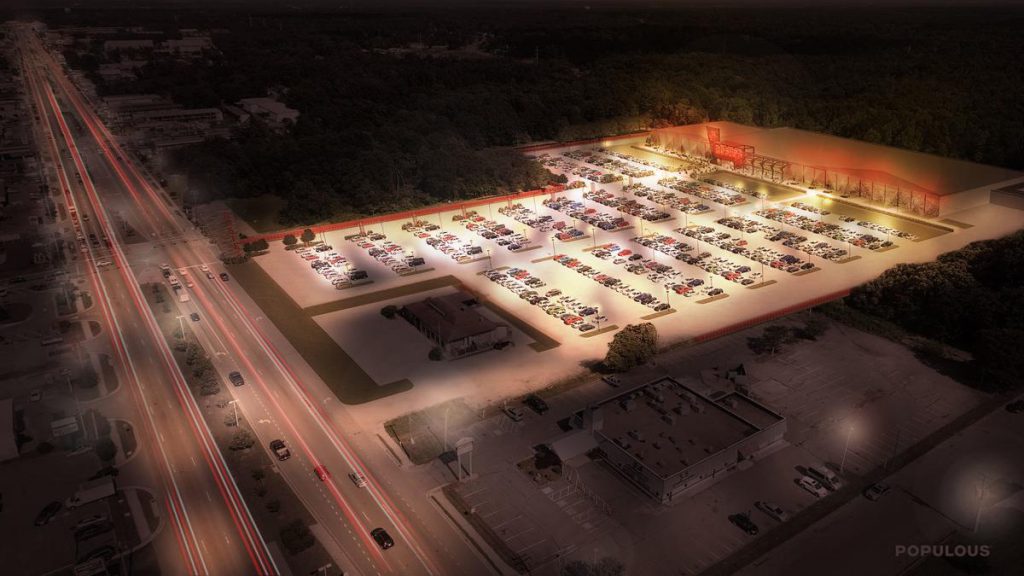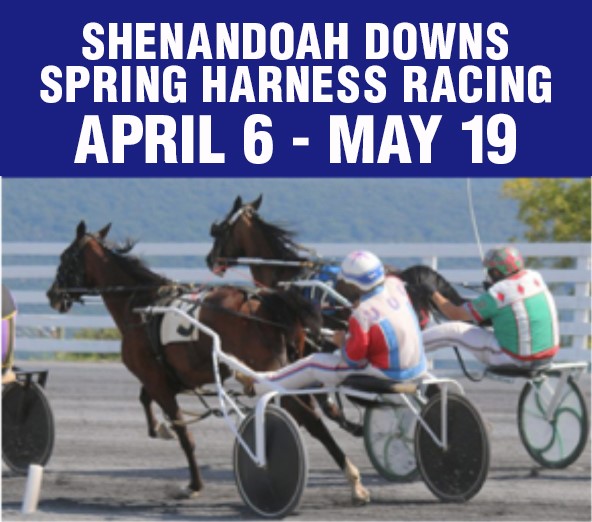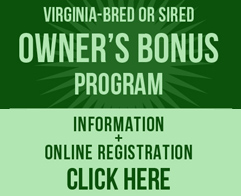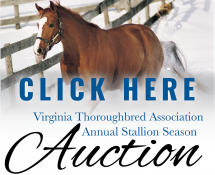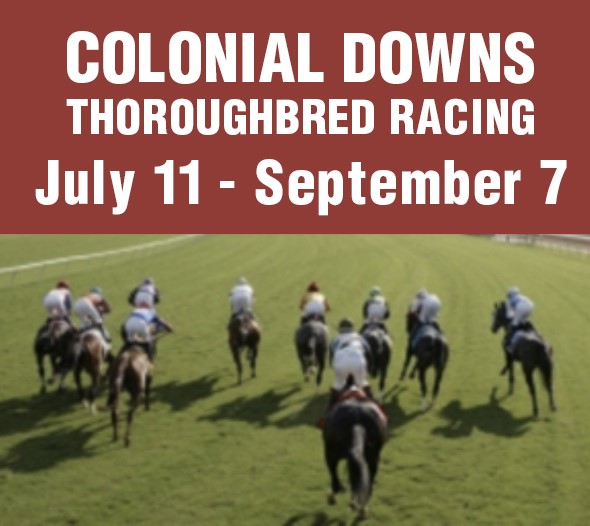The following piece appeared on Richmond.com July 31st and was written by Graham Moomaw.
Horse breeders and trainers, business people and elected officials appeared en masse Tuesday in Richmond to tell state officials that Virginia’s second chance at building a successful horse-racing industry could stumble if the state overregulates the video gambling machines that are supposed to pay for it.
Skeptics warned that the state is galloping toward mini-casinos that cities and counties may not be able to stop, establishments that could make their money at the expense of poor communities and gambling addicts.
After a two-hour public hearing Tuesday, the Virginia Racing Commission — the state panel that oversees horse-racing — gave little indication of whether it will bow to the horse industry’s wishes and loosen the state’s draft regulations for historical horse racing machines.
But nearly five months after the General Assembly passed a bill expanding horse-race gambling, racing commissioners said they want to see one of the machines in action to understand what it is Virginia just legalized.
“I want to see one of those machines sitting right down here. I want someone to explain exactly how that machine works. And why it’s not a slot machine,” said Commissioner I. Clinton Miller. “I want to be able to look people in the face and say ‘This is different. This is not Charles Town . This is not Las Vegas.'”
Racing Commission Chairman D.G. Van Clief Jr. asked commission staff to look into how a machine demonstration could be arranged.
“Hopefully as all of you have urged, we will, this time… get it right,” Van Clief said as he told the crowd the commission would revise its draft regulations in the next few weeks.
Historical horse racing machines — powered by an archive of past horse races — look and feel like slot machines. But they operate under a pari-mutuel wagering system, which means players bet against each other, not the house.
When the law took effect July 1, Virginia joined four other states — Kentucky, Arkansas, Wyoming and Oregon — that have approved historical horse race wagering.
The General Assembly passed the bill earlier this year to allow the shuttered Colonial Downs race track to be sold to Chicago-based Revolutionary Racing, which has said the revenue from historical horse race wagering is critical to its plan to reopen the New Kent County track next year. An economic analysis circulated by Revolutionary Racing indicated the machines would generate almost 80 percent of its projected revenue.
The regulations under consideration by the Racing Commission will determine how many machines can be rolled out, where they can be installed and how much control cities and counties will have over the 10 off-track betting parlors Colonial Downs wants to operate in the Richmond area, Hampton Roads and elsewhere.
The prevailing sentiment among those who spoke at Tuesday’s meeting was overwhelmingly in favor of lighter regulations that could mean more gambling machines and, by extension, more money for the horse industry.
Jeanna Bouzek, vice president of operations for the original Colonial Downs, grew emotional as she urged commissioners to loosen the regulations so that the race track’s second life doesn’t also end with hundreds of people losing their jobs. Colonial Downs closed in 2014 after a yearslong dispute between the track’s owner and Thoroughbred owners over how many races to run each year, a fight exacerbated by the track’s financial struggles.
“They’re not going to be around if they can’t make money. I mean c’mon,” Bouzek said of the new Colonial Downs owners. “It’s been a hard three or four years. I just hope the industry gets it right this time.”
As written, the draft regulations would cap the number of machines allowed statewide at 3,000, impose a 700-machine limit at the main Colonial Downs facility in New Kent County and limit the number of machines at off-track betting sites based on the population size of the city, county or town where the facility is located. Large localities like Richmond and Henrico County would have a 700-machine maximum, while smaller localities would be capped at 300 or 150 machines depending on their population. Local governing boards would have the power to set lower caps.
The Virginia Equine Alliance — a coalition of horse-racing groups that formed after Colonial Downs closed — has asked the state to amend the draft regulations to allow the 3,000-machine cap to be raised in the future and scrap the restriction that ties the number of machines at off-track betting sites to population size.
The new gambling machines will only be allowed in communities that have approved off-track betting through voter referendums. Those localities are the cities of Richmond, Chesapeake and Hampton; Henrico, Scott and Brunswick counties; and the town of Vinton in Roanoke County.
Vinton Mayor Brad Gross spoke at the commission meeting, telling state officials that the rules based on population size would unfairly limit economic development opportunities for his town of about 8,000 people.
“It will certainly limit the positive impact to our small town and the greater Roanoke region,” Gross said.
New Kent officials, who have fully supported the push to reopen Colonial Downs, also spoke in favor of lighter regulations.
Mike Schnurman, a lobbyist for Henrico County, urged the commission to create a “dual approval process” in which the state would make decisions about the industry as a whole and local officials would decide what works for their communities.
Colonial Downs is planning to open one of its first off-track betting sites in a former Kmart in South Richmond. No one representing Richmond spoke at the meeting.
Jack Jeziorski, a representative from Monarch Content Management, a company involved in more than a dozen race tracks across the country, urged the Racing Commission to tighten the proposed rules on how the historical horse racing machines will actually work.
As written, the rules don’t require the machines to show any video of an actual horse race, allowing cartoon representations and other graphics that Jeziorksi said blur the lines between slot machines and horse racing.
Bolstering those regulations, Jeziorski said, would help ensure the new machines don’t drift into illegality.
Miller, the racing commissioner who wanted to see a machine for himself, seemed to concur.
“We don’t want little cartoons,” Miller said. “We don’t want Mickey Mouse and Donald Duck running across the screen.”
